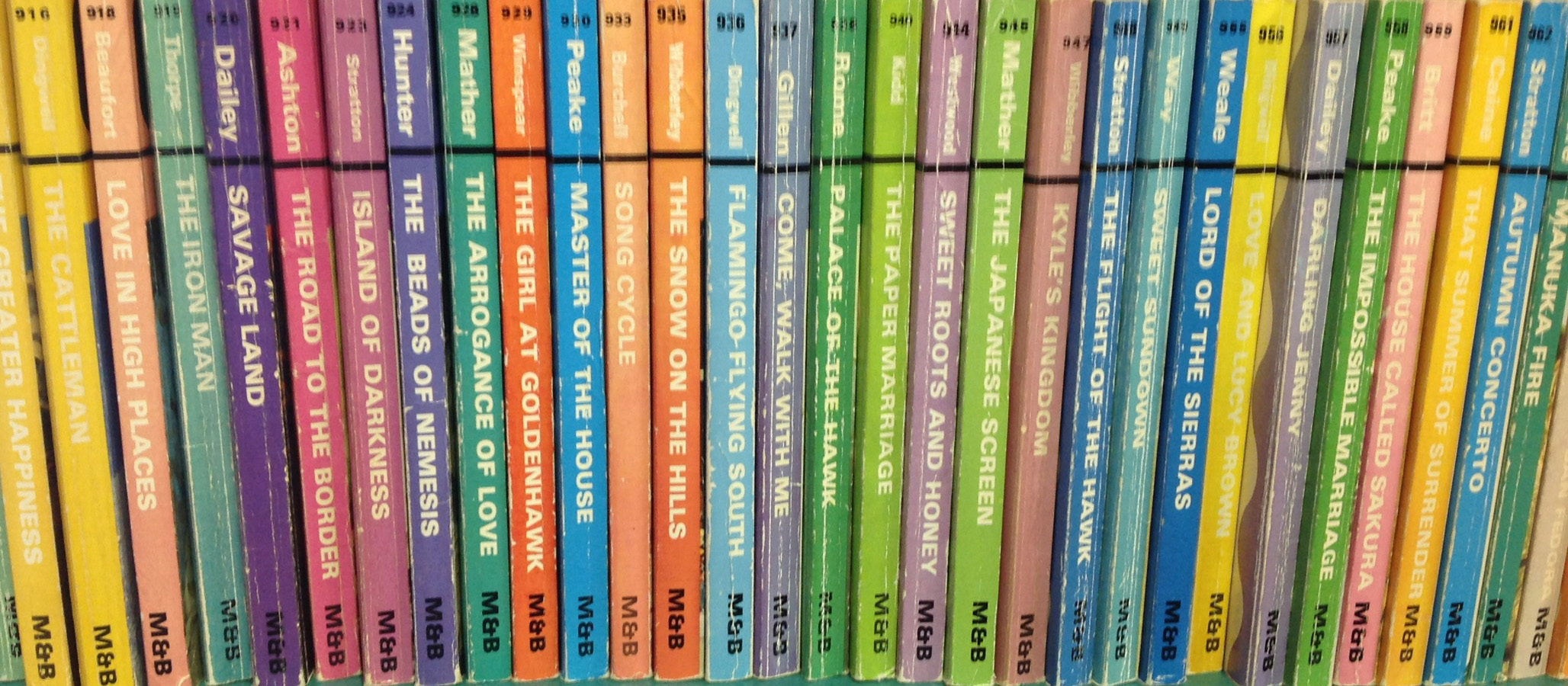Reading Alyssa Cole's "Agnes Moor's Wild Knight"
Start Date
23-4-2020 3:15 PM
End Date
23-4-2020 4:15 PM
Proposal Type
Individual Presentation
Abstract
Historical romance novels form a large subgenre of romance fiction. Authors work to include verisimilitude of place and manners, yet their novels are fiction, and their goal is a happily-ever-after not an historical study. What happens, however, when these settings are not just an enjoyable part of the story, but are part of the work I do as an academic historian? How do I use or ignore the knowledge I have while reading the romances I turn to for pleasure? My paper seeks to explore the identities I encompass as reader and historian through a study of Alyssa Cole’s Agnes Moor’s Wild Knight (2014). Cole’s retelling of the events of a 1508 jousting tournament held by James IV of Scotland where the winner of the tournament will win the kiss of a black lady is rooted in historical accuracy. As a reader, this accuracy is interesting for the setting it provides for the characters and the story, but as a historian I know that what is included or discarded can be deliberate choices of upholding or destroying narratives of marginalization and erasure. By examining Cole’s use of historical detail in her the tale of the black lady and the wild knight, I hope to show how the historical accuracy of the work not only subverts the conventions of traditional Scottish romances but how that subversion impacts the ways in which I approach and enjoy the story as a reader.
Reading Alyssa Cole's "Agnes Moor's Wild Knight"
Historical romance novels form a large subgenre of romance fiction. Authors work to include verisimilitude of place and manners, yet their novels are fiction, and their goal is a happily-ever-after not an historical study. What happens, however, when these settings are not just an enjoyable part of the story, but are part of the work I do as an academic historian? How do I use or ignore the knowledge I have while reading the romances I turn to for pleasure? My paper seeks to explore the identities I encompass as reader and historian through a study of Alyssa Cole’s Agnes Moor’s Wild Knight (2014). Cole’s retelling of the events of a 1508 jousting tournament held by James IV of Scotland where the winner of the tournament will win the kiss of a black lady is rooted in historical accuracy. As a reader, this accuracy is interesting for the setting it provides for the characters and the story, but as a historian I know that what is included or discarded can be deliberate choices of upholding or destroying narratives of marginalization and erasure. By examining Cole’s use of historical detail in her the tale of the black lady and the wild knight, I hope to show how the historical accuracy of the work not only subverts the conventions of traditional Scottish romances but how that subversion impacts the ways in which I approach and enjoy the story as a reader.


